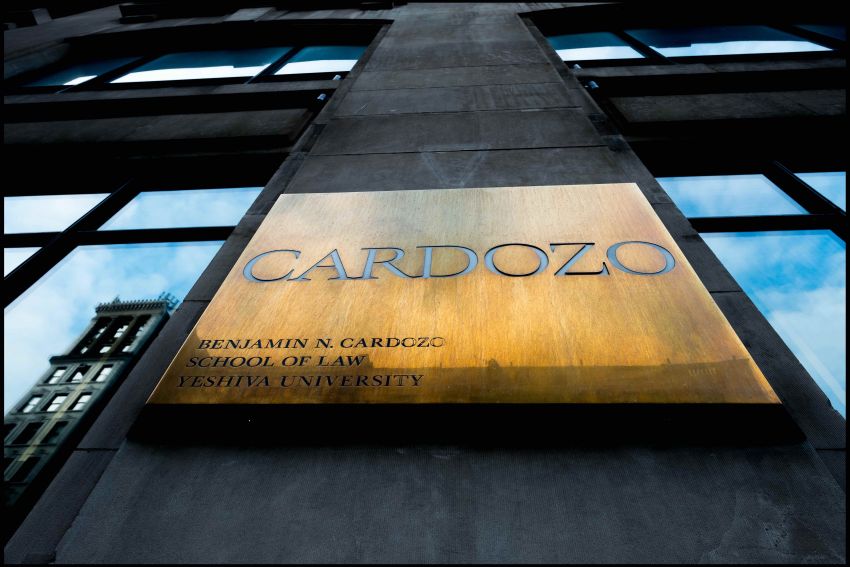
Cardozo’s Securities Arbitration Clinic usually take a trip to the SEC in Washington, D.C. every spring, along with other law school securities clinics. This year, the trip needed to be a virtual visit, but was still a meaningful experience for the clinic students-Noelle Howard, Victor Wang and Jhaton White-who presented one of the cases they had worked on to over 150 SEC staff members, commissioners, and other law students. Clinic Director and Professor Elizabeth Goldman spoke on a panel of experts during the event.
The Securities Arbitration Clinic is a yearlong course introducing students to the essential principles of securities arbitration and mediation. Under faculty supervision, students are assigned to cases referred to Cardozo by the New York Stock Exchange, the National Association of Securities Dealers, and the American Arbitration Association. Students serve as advocates for the claimants and conduct all phases of typical securities arbitrations, including case in-take, case development, discovery, settlement negotiation, mediation, and representation of the claimants before a duly constituted arbitration panel. The clinic is a unique opportunity to have a hands-on experience and to develop client-relation and mediation and arbitration advocacy skills.
2L student Noelle Howard said, “This year we presented one of the cases the Securities Arbitration Clinic is working on and discussed unsuitability in discretionary accounts. We explained some key elements of the case and went on to identify the most concerning aspects of it and offered a few possible solutions for these concerns. It was an incredible opportunity to be able to present in front of the SEC and meet the staff and Commissioners. It was also very encouraging to see how interested the SEC was in the information all of the clinics presented and it emphasized the importance and value of the work we are doing.”
Jhaton White, also a 2L student, reflected on the day, saying, “The panel discussed online trading, virtual arbitration hearings, and practical lessons learned from representing harmed retail investors. The panel brought together the important legal services clinics provide to retail investors, and the regulatory perspectives of the SEC to consider how retail investor issues may be affected by the federal securities laws. This panel was meaningful to me because it was a chance to have our clients' voices heard. Most of our clients in the Securities Arbitration Clinic are inexperienced investors from racially underrepresented groups, and given their background, most are unfamiliar with regulatory agencies such as the SEC, so they are unlikely to file a complaint when harmed. As a result, the SEC has limited insight into our clients' issues, which is why this panel is so important. It gives the SEC an opportunity to explore legal remedies for underrepresented groups. Just because our clients are inexperienced investors from racially underrepresented groups does not mean their issues are less important or that they are entitled to less protection under federal securities laws.”
Professor Goldman noted that after the students had the opportunity to ask questions, “The Commissioners repeatedly called out the Cardozo clinic for the excellent questions they were asking, as did the Ombudsman for the Investor Advocate's Office. I received a number of messages from other experts who appeared on my panel, and from SEC staff members regarding how ‘impressive, knowledgeable, and thoughtful’ they were and expressing admiration for the ‘outstanding’ job they did. One commenter noted how ‘proud’ I must be, and of course, I am. They truly did Cardozo (and me) proud!”
